Why you need to wear headphones when recording a podcast
Setting aside the obvious need for a microphone and something to record on, the one thing in your podcast kit you can’t live without is a pair of headphones. And that goes for everyone whose dulcet tones will be featured on your show.
This is obviously a given when you’re interviewing a guest via a remote recording platform like Riverside, Zencastr or Squadcast because without headphones you won’t be able to hear each other. But if you’re chatting with someone face-to-face or you have a co-host, everyone will need their own pair.
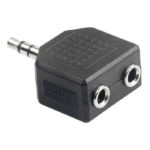
If your guest wants to bring their own headphones for the podcast, earbuds will do fine. But it’s always good to carry a spare pair just in case.
Just remember, if you’re going to supply headphones make sure you get ones that go over a guest’s ears rather than into them because some people are funny about having a strangers ear wax in their earholes…understandably.
So now that you know what you need, here’s why…
[button text=”Apple” url=”https://itunes.apple.com/au/podcast/podschool-learn-how-to-create-professional-podcast/id1239671724?mt=2″ class=””] [button text=”Google” url=”https://www.google.com/podcasts?feed=aHR0cHM6Ly9yc3Mud2hvb3Noa2FhLmNvbS9yc3MvcG9kY2FzdC9pZC8xMzAz” class=””] [button text=”Spotify” url=”https://open.spotify.com/show/1Q2L51iY2sIL8BEkAKyxZj” class=””]
Wearing headphones will make you a better podcast presenter
I doubt there’s a person alive who, when hearing themselves on tape for the first time, hasn’t said: “I don’t sound like that!”
Newsflash. You do.
If you’ve never recorded your voice or worked in radio or podcasting, the only way you’ve heard yourself is through your cheekbones. And since everyone else is standing out in front of you when you speak, you’ll never hear yourself the way other people do. Unless you wear headphones.
Headphones take your ears (not literally) from the side of your head and put them right in front of your mouth so you can hear exactly what you sound like to others.
This is an important tool when you’re presenting a podcast because it gives you a huge amount of control when it comes to adjusting your voice and presentation style on the fly.
As you talk into the microphone your brain processes what it’s hearing through the headphones which gives you the chance to self-review and make minor tweaks. This is obviously done in a split second and can include changing your tone, volume or any of the millions of variables you can adjust when you’re presenting a show.
If you don’t have much experience recording audio this might not seem important but trust me, it makes a huge difference to your performance and ultimately to how you sound.
Wearing headphones improves your mic technique
This is true of both you and your guest.
If you can hear you’re off-mic, too loud or that you’re popping every time you say a word starting with a hard consonant (‘p’, ‘b’, ‘k’), wearing headphones will help you adjust the way you’re using the microphone in the moment.
The more experience you have with this immediate feedback the better your mic technique will be in the long run.
Wearing headphones will make editing your podcast easier
Editing takes a lot of time so the more work you can do at the recording stage to make the process easier, the better. And one of the best ways to control audio is by listening to it as you record.
Microphones pick up more than you can hear on your own. A slight breeze, the buzz of a vending machine, an air conditioner; it’s all there on tape and you need to hear that when you’re recording so you can make the necessary adjustments.
The last thing you want is for audio to be unusable or for the background noise to mean your edits are really obvious.
If you’re not monitoring as you’re recording your podcast through your headphones it’s not uncommon to find out later things are impossible to fix. Or to spend hours repairing something that could have been avoided entirely.
This becomes even more crucial if you’re recording with a guest because you never want to ring someone and say “Can we do that again, there was a problem with the audio?”
Not only is it unprofessional to ask someone to re-record but trying to re-capture the genuine reaction you had to their advice, stories or jokes is almost impossible.
You want to make sure each conversation is as natural as it can be and having to pretend you’re doing it for the first time makes that much harder.
Wearing headphones means you won’t have to micro-manage your podcast guest
Even a guest with zero microphone experience will benefit from wearing headphones because they’ll be able to hear if they’re on-mic or not or if they’re too loud or soft.
If they can’t hear themselves, they’re more likely to pay little or no attention to the microphone and that means you’ll probably be interrupting them every two seconds to say ‘Could you come a little closer?” or “Just watch that you’re not too close to the mic.’
No one wants to be constantly reminded they suck at talking and it’s a quick way to make your guest feel self-conscious and uncomfortable. It will also put a handbrake on the flow of conversation which means you won’t get the best out of them.
If they’re wearing headphones they’ll be more likely to self-regulate, so you can stick to being interested in what they have to say.
Wearing headphones can save your podcast
There are a million different ways your show can be ruined during the recording phase but wearing headphones can save you from a lot of them like…
Levels that are too high
It’s important to check your levels when recording to make sure they never go into the red but usually, this is something you’ll test before you start.
When you’re in the middle of an interview it’s a good thing, in theory, to glance at them but chances are you’ll be so wrapped up in the conversation you’ll probably forget about it. And that’s where your headphones come in handy.
If you’re listening as you record you’ll know if you’re too high or low and you’ll be able to adjust as you go along. This will help when it comes time to edit because you won’t need to painstakingly go through each section raising and lowering levels which is time-consuming and annoying.
Whatever you do just make sure the levels never go into the red. You can always increase the volume of audio in post but if it ‘blows out’ i.e. is too loud, the only thing you can do is send it to the audio graveyard.
Popping
‘Popping’ is the term we use for harsh sounds that are created by words that start with hard consonants like ‘pop,’ or ‘kettle.’ This popping sound often occurs when words are said too close to the microphone.
A lot of this can be avoided by using a pop guard or by talking slightly across the mic rather than directly down the barrel, but even if your mic technique is on point, sometimes you’ll still pop.
This is one of those things that’s impossible to detect without headphones and hella annoying to fix.
There are some effects in editing software that will remove this sound but if the pop is really bad the edits can often sound over-processed and therefore, obvious.
You can also go in and cut out the offending pops manually. But that’s a painstaking process that can turn a 30-minute edit into an all-night one.
Ambient noise
There are many types of ambient noise that impact the sound of your show but the worst offender is wind. Problem is, it’s really hard to hear how badly it’s affecting your recording unless you’re wearing headphones.
Think about a phone conversation you’ve had with someone when it sounds like they’re in a cyclone. Often it doesn’t take much wind to create that effect. In fact, if you’ve ever been the person on the windy end of the phone you often don’t know until the person you’re talking to says “are you in a wind tunnel?”
Listening to a conversation with a lot of wind noise is incredibly irritating and often drowns out what’s being said. It’s also impossible to fix in post so wearing headphones will make sure you don’t have to chuck out your audio because of mother nature.
And there you have it podcasters, my tips for why headphones should be your new audio best friend.
And one final piece of advice – when you’re using them, make sure the volume is turned up LOUD. That goes for the edit too. If you want total control over your podcast you have to be able to hear every little bit of it.
Got a burning podcasting question you’d like answered? Send me an email.
Want to start your own podcast but need a little help? Download my “How To Start A Podcast” guide or sign up for my online podcasting course, PodSchool.
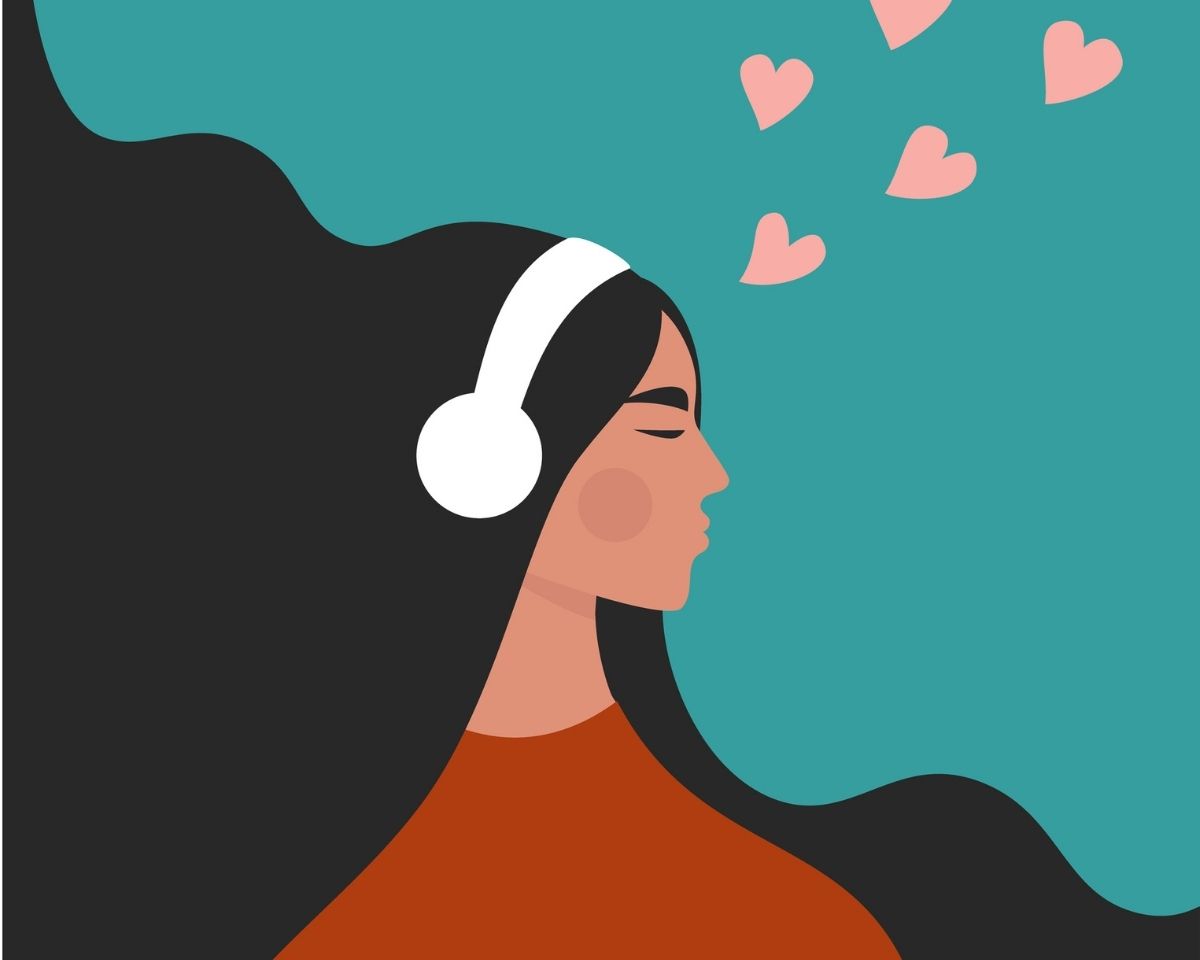
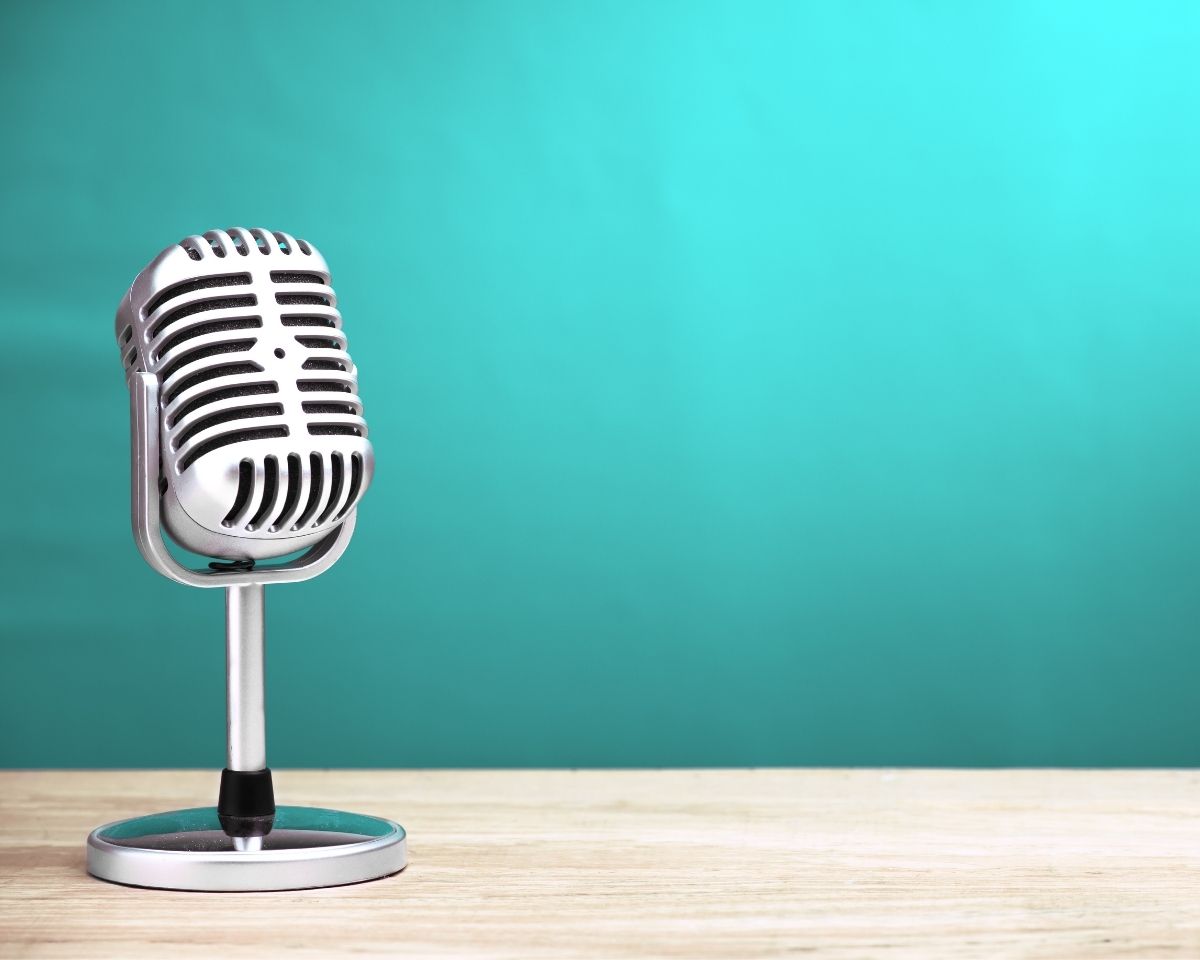
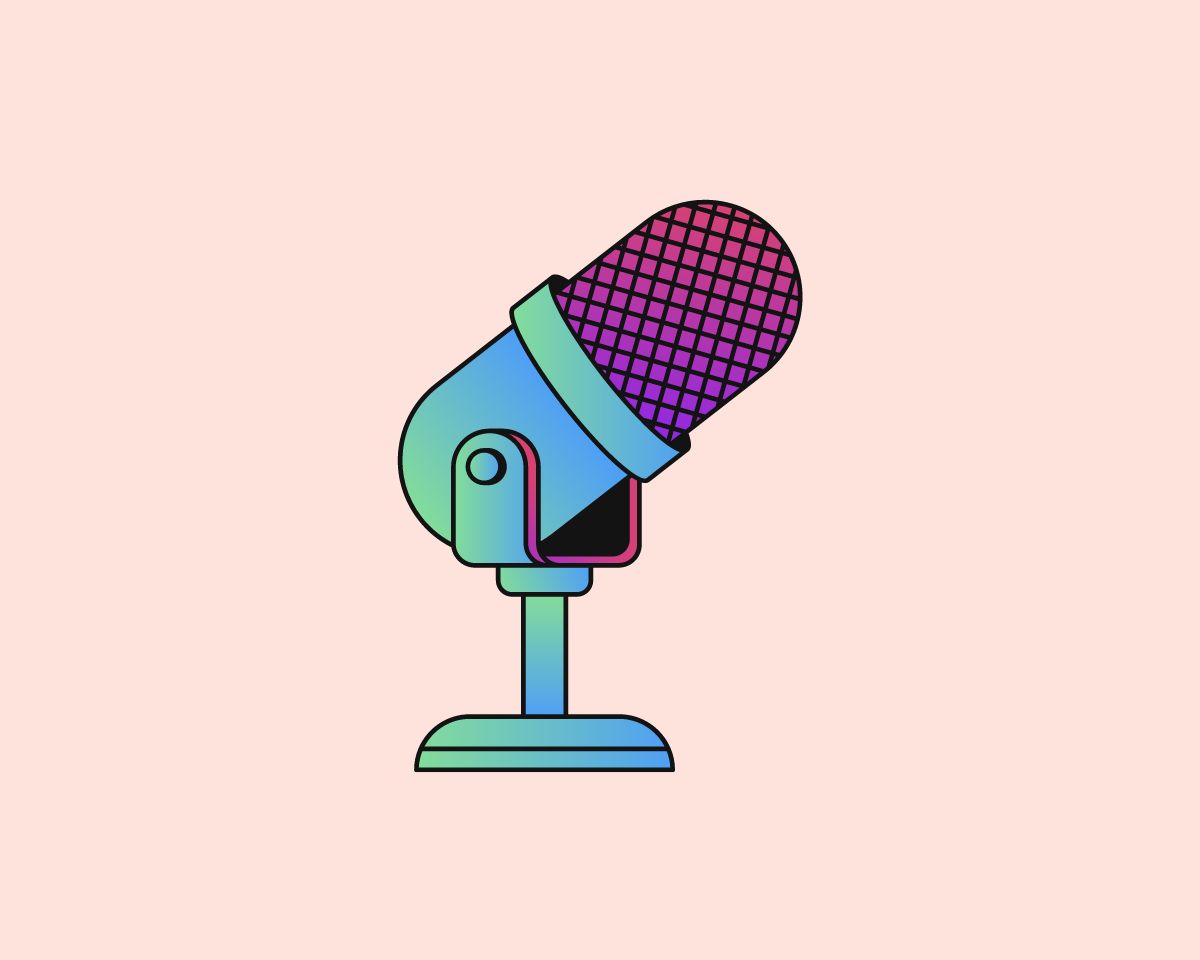
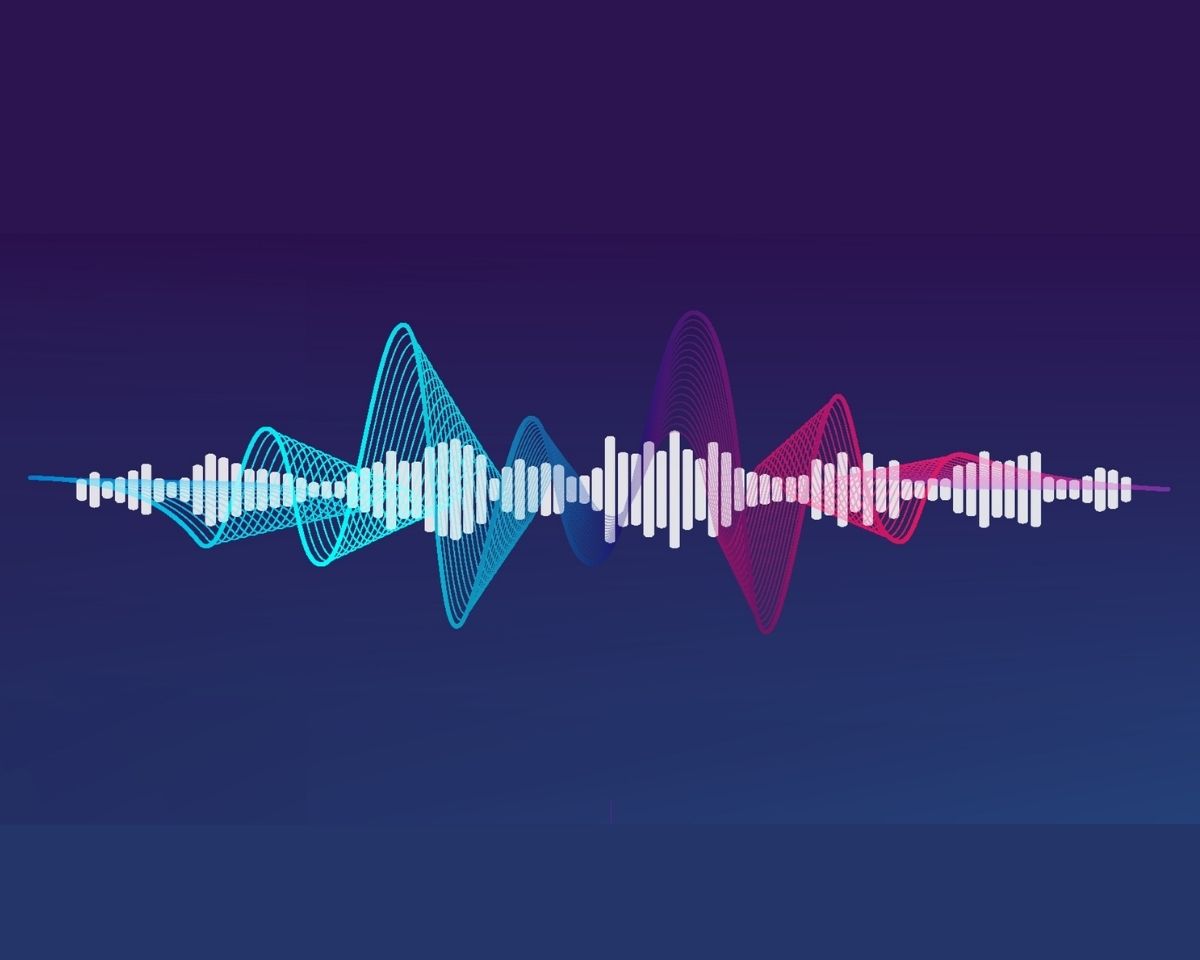
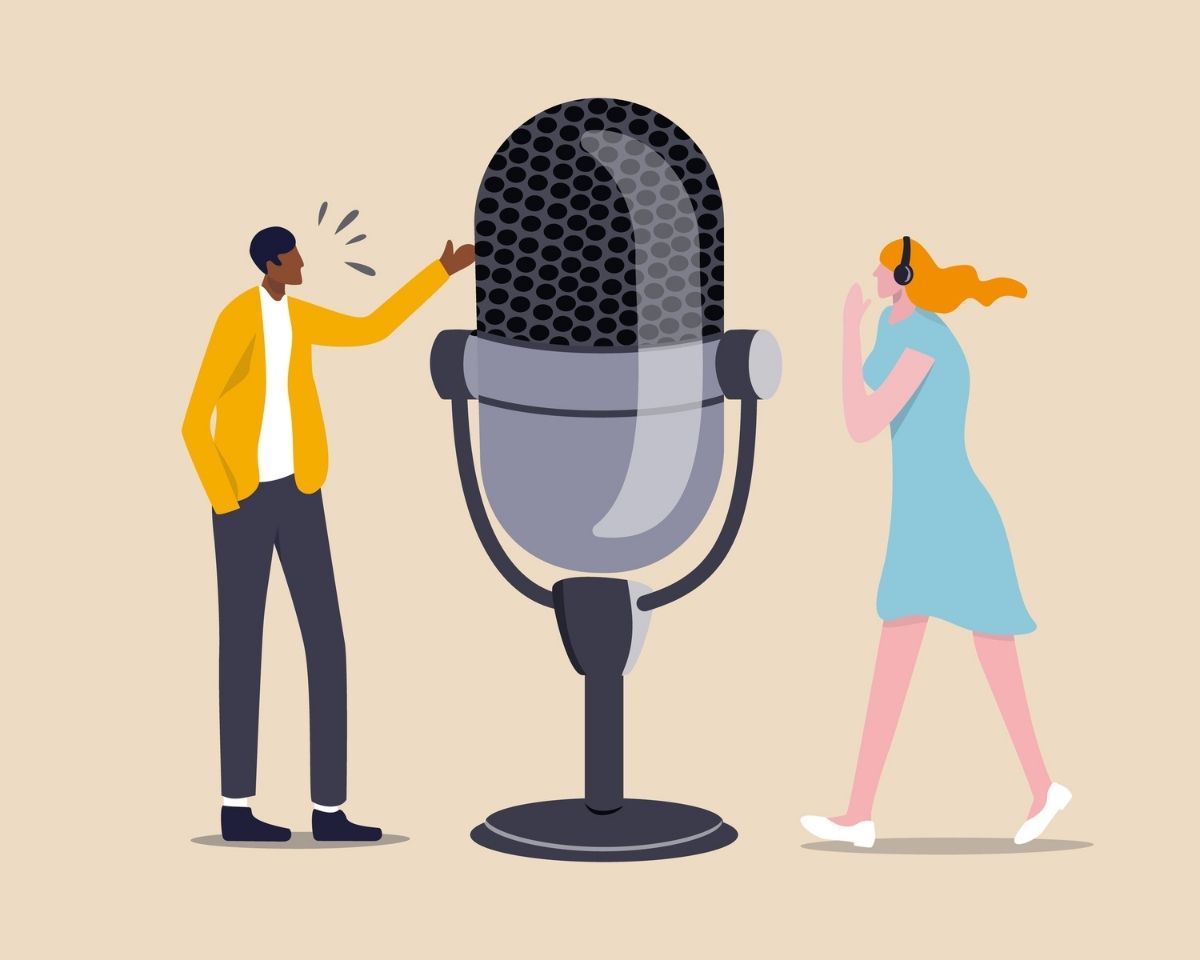
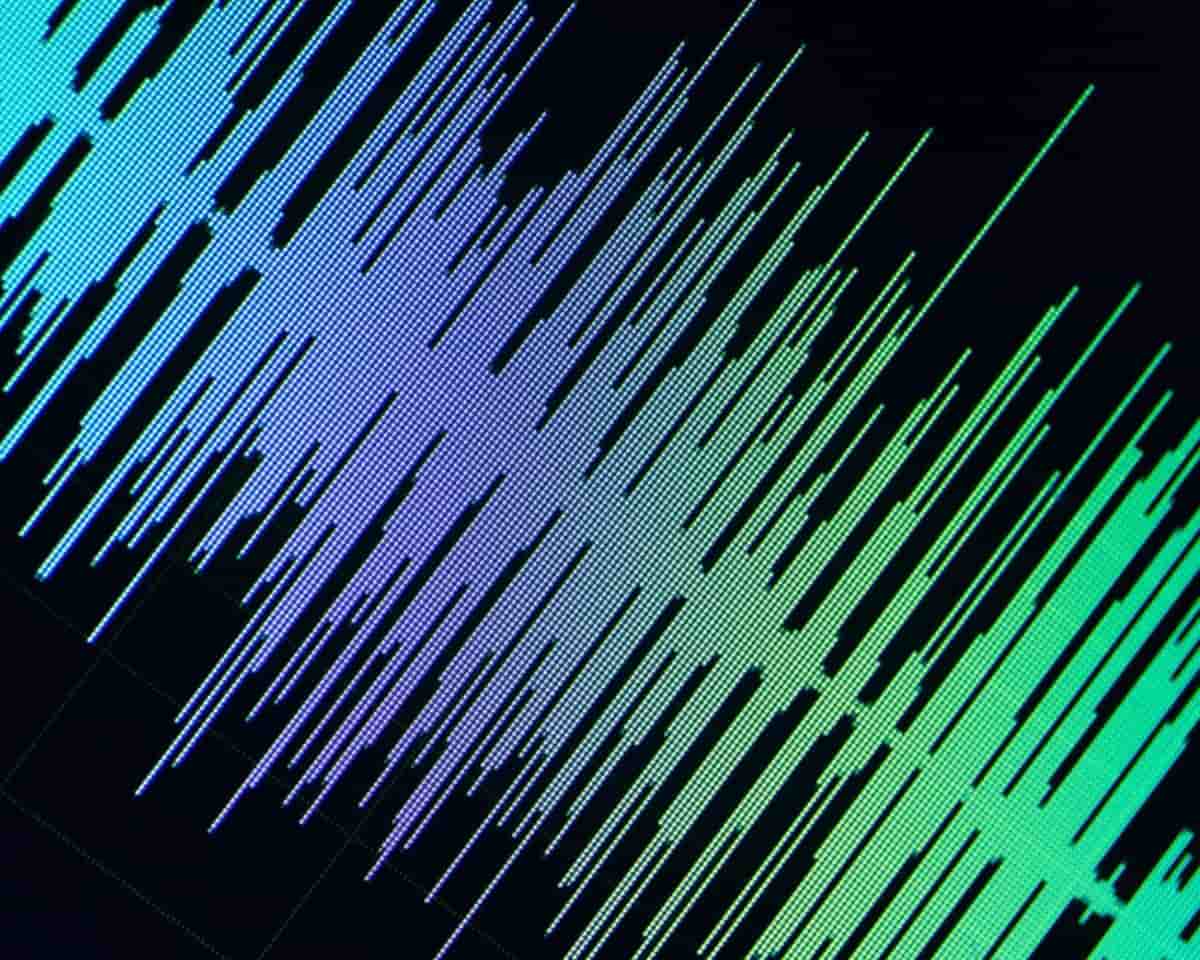
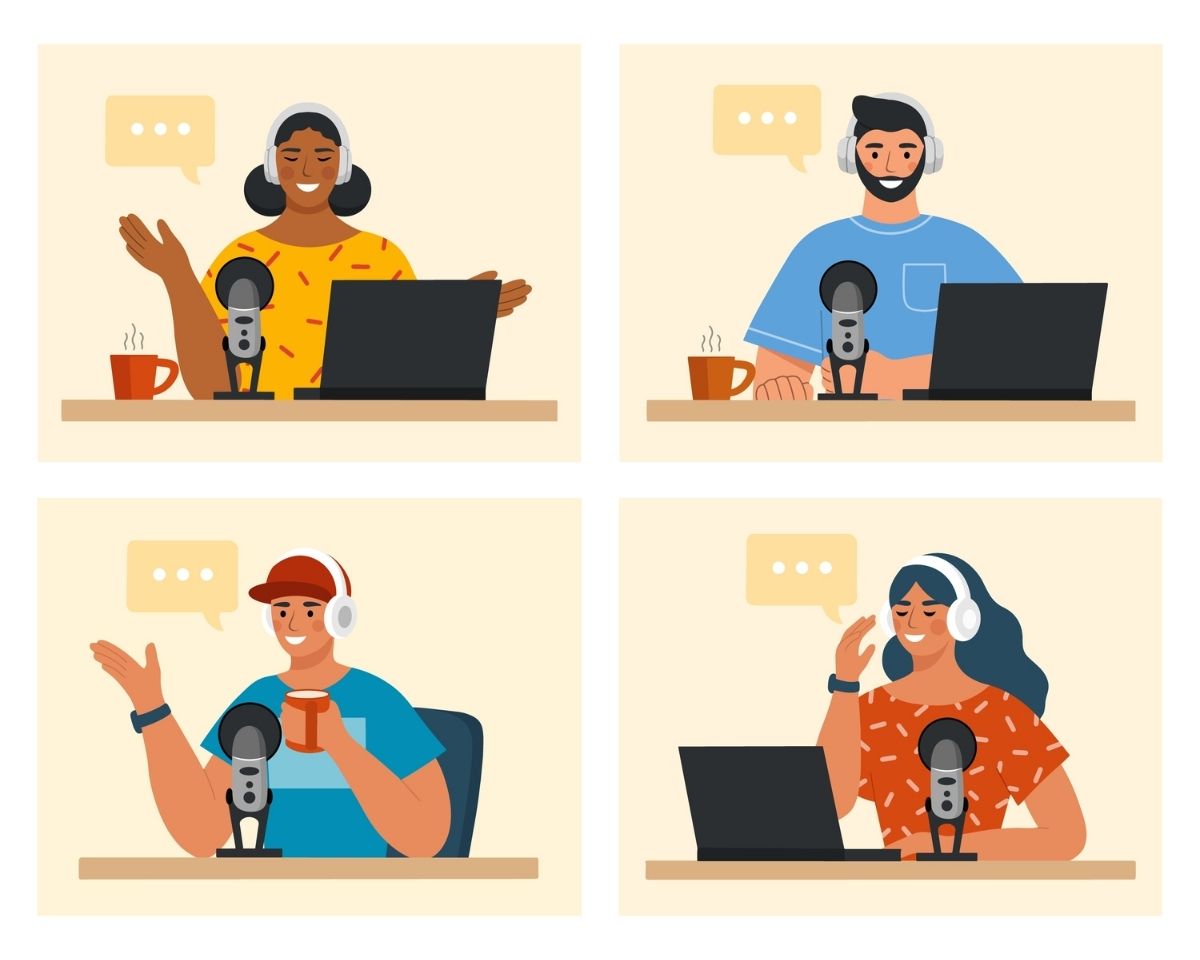
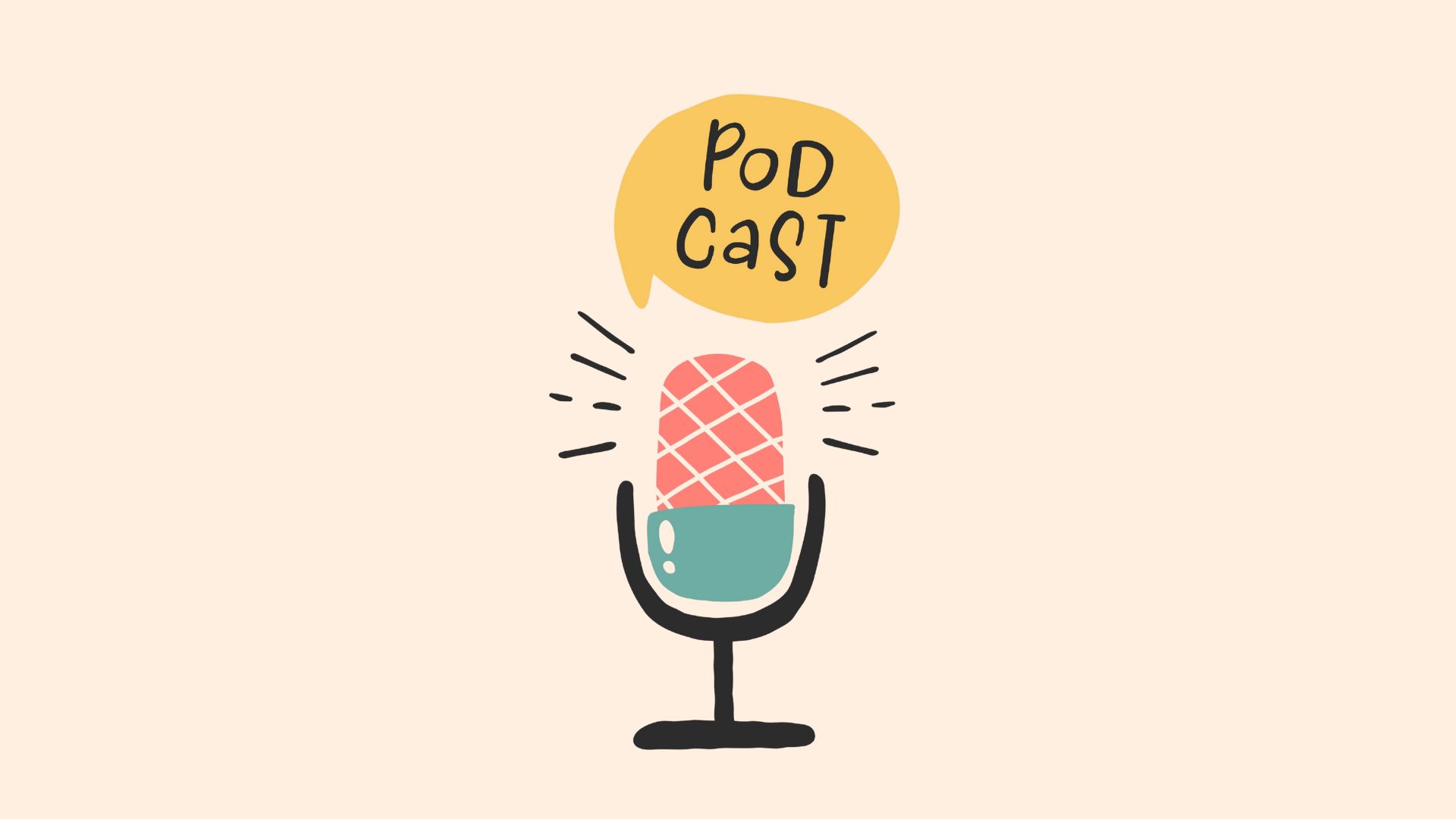


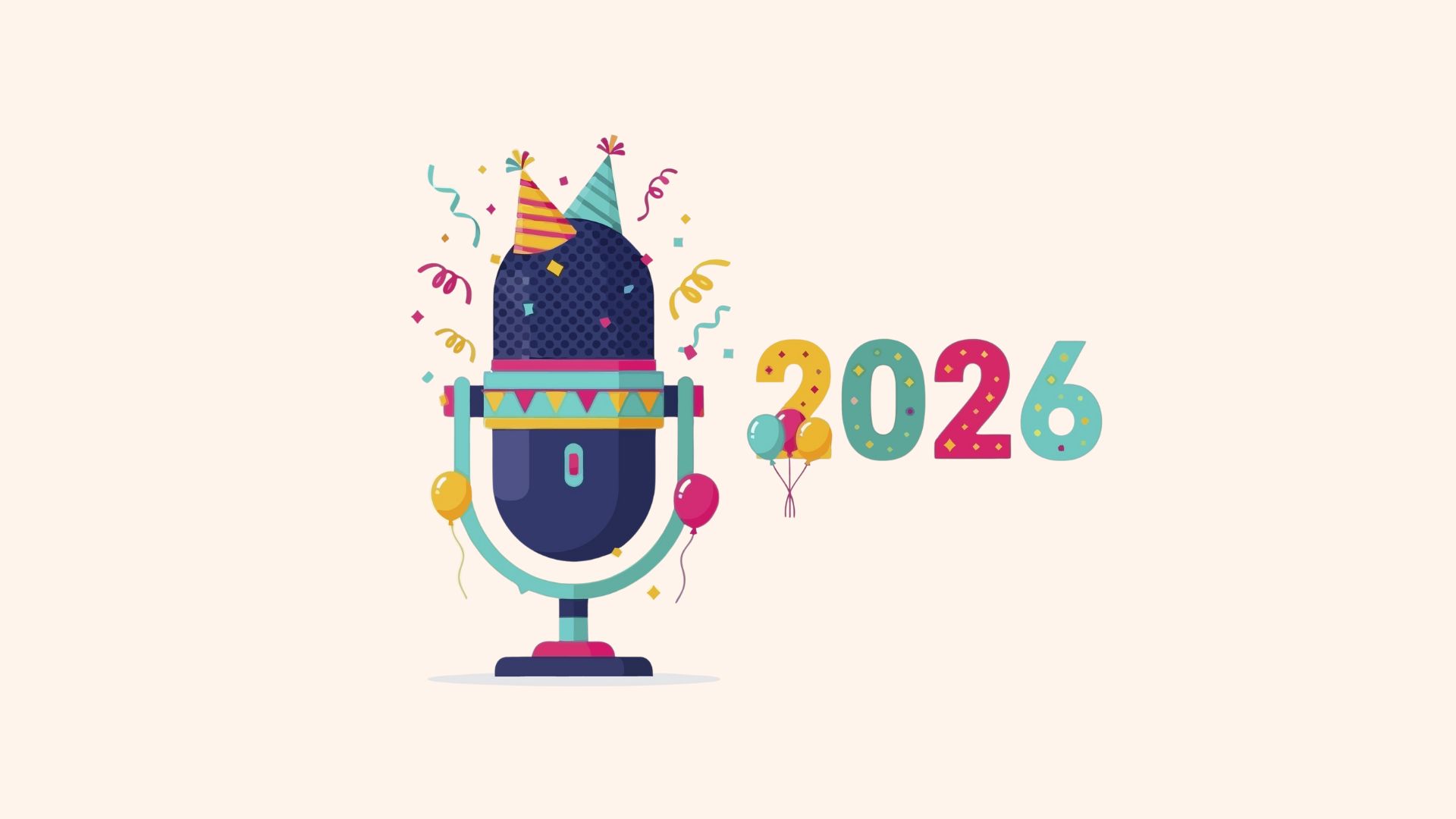
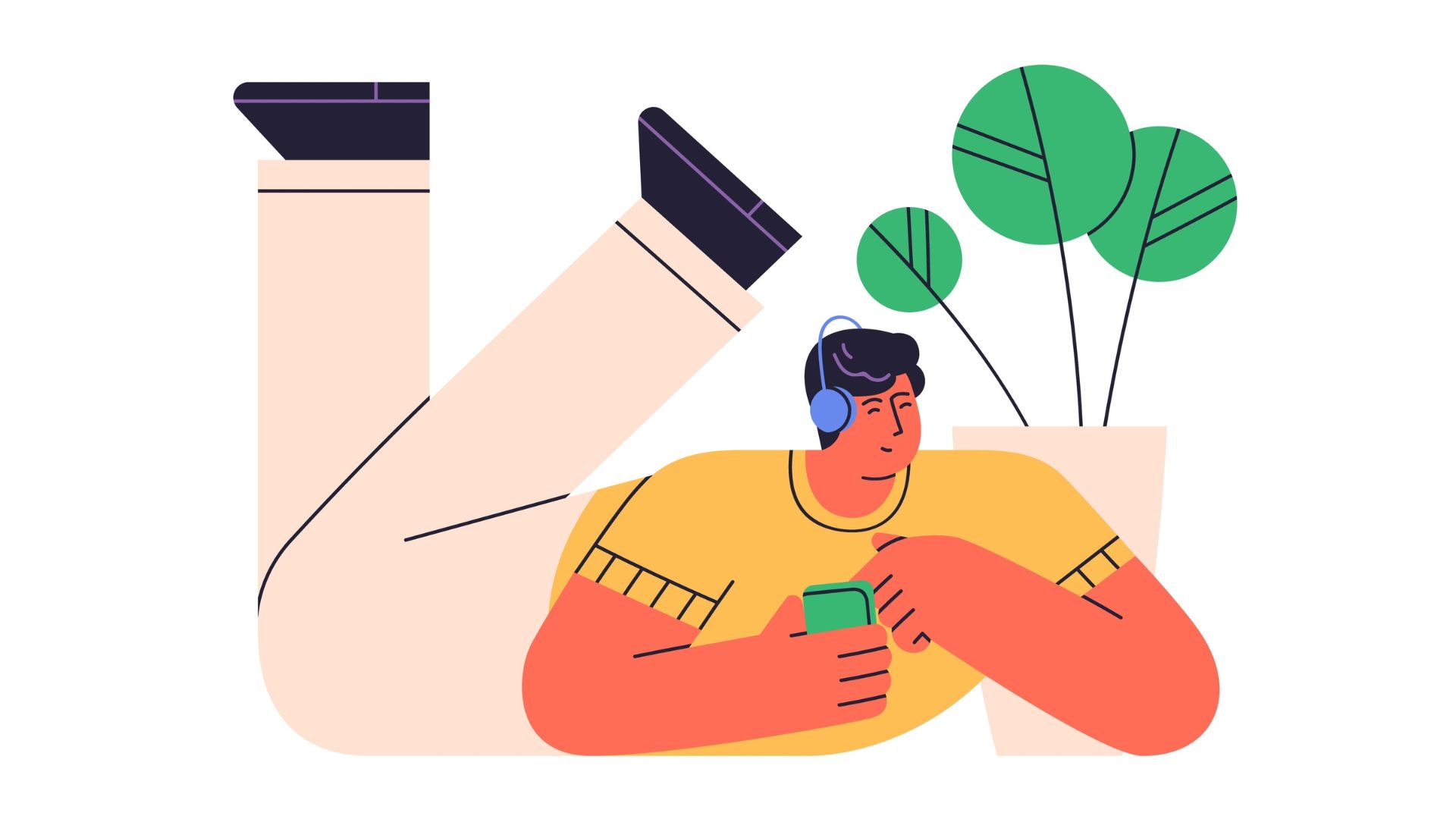

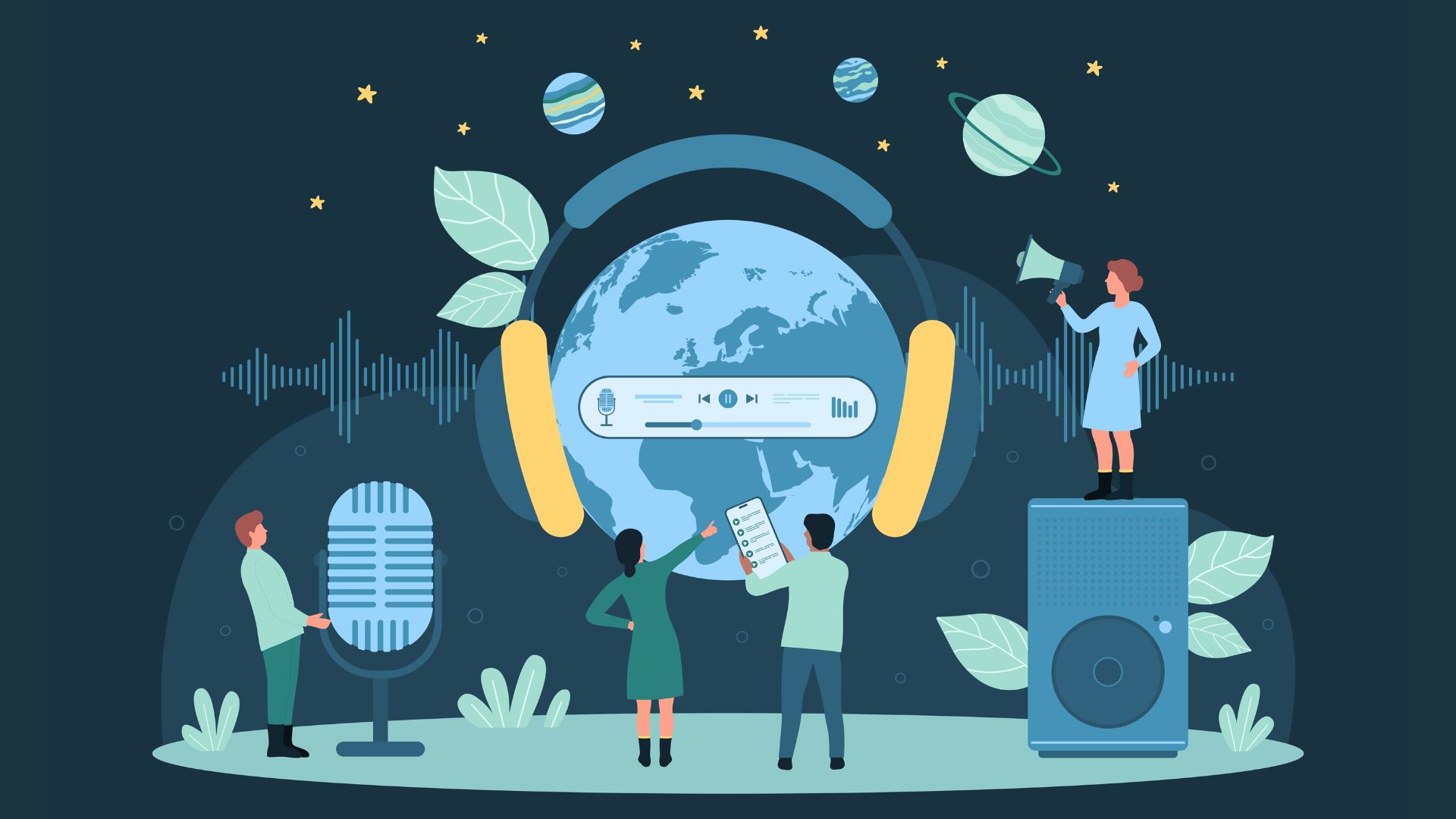

42 Responses
Rachel, thank you for all the advice that you’ve been giving people. My question is: With just an iPhone headphones and a condenser microphone: I wanted to do solo podcasts. New at this process and do t know how to start . Also, how do the podcasts get recorded? Would this be on my iPhone? Where can I store each podcast ? Thanks again Rachel!
Hey Cedric, Thanks so much for your question! I’ve got an equipment guide that should answer these questions for you…https://www.podschool.com.au/podcast-guide
Hello, do you still really need headphones for the host and guest(s), if there is another person in the producer role, off camera, running switchboard, mixer and monitoring audio, etc?
Hey Chris, if you’ve got someone monitoring audio who can let you know if anything needs changing then you’re fine without headphones. I prefer wearing them, even if someone is monitoring my records, just because I think it helps to improve your presenting when you can monitor things in the moment. But often people don’t want to wear them for video so as long as someone is making sure the audio is the best it can be, that’s fine! Hope that helps! Rach
I’ve got a question. My podcasts will almost always include a guest that is logging in from a remote location. As the host, I’ll be wearing headphones, but I can’t always be sure my remote guest will be equipped with a pair to use. I am using riverside.fm to record our podcasts, but my remote guest, in many cases, wont have a set of headphones to use. I can suggest and encourage it with a “guest prep sheet,” but if they dont have one, are there any other options I can advise them on?
Hey Alan, They can just use any pair of headphones, even the one’s they would have with their phone. A pair of cheap ones are better than nothing and if they don’t have headphones they won’t be able to hear you on a remote recording platform. You definitely don’t want them listening via their computer speaker because that will then feedback into the recording. Thanks, Rach
I’m new to podcasting. I have a Yeti microphone and some good Sony headphones. When I put my headphones on and talk, the sound is really muffled because I’m just hearing myself talk outside the headphones. How do you get headphones to not only allow you to hear your guests but yourself also?
Hey Russ, I think this might be an issue with your audio preferences. When you’re recording make sure you go into whatever software you’re using and select the right output for your headphones (this will depend on where they’re plugged in). Hope that helps! Rach
Hi,
If you have a host & co-host situation, like we do, would it be better to purchase the Y splitter to use in the xlr audio interface…Since it only have one jack…So we can both be mic’d and use our own headphones to hear ourselves? Or , woukd y recommend using a headphone amp, we’re looking to budget a bit, until everythibg get going….Thanks for any hep, direction or feedback you could help us with.
Thank you
Hey Kelli, A cheap headphone splitter will do the job. You just plug it into the single headphone jack and then plug whoever needs to listen into the splitter. You can buy them with multiple inputs so you can plug in a few mics. Rach
Hi Rachel! Very helpful article – I appreciate how well thought out these points are. I do have a question i’m having trouble finding an answer to – I am using two usb microphones that plugin to my mac. The headphones i am using plugin directly to the usb microphones. My guest and I can currently only hear our own voice through the headphones. My question is if there is a way that I can hear both my voice and the guest’s voice in both of our headphones? I am using Adobe Audition for recording. I am open to other software as well. Thanks!
Hey Todd, Thanks for your kind comment and your question. Unfortunately, if you’re going to use multiple USB mics it’s not as simple as plugging them in and pressing record, which is irritating. I’ve got more info on why it doesn’t work and what to do here…. https://rachelcorbett.com.au/recording-multiple-usb-microphones/
this may seem silly but, can you use headphone mics for podcasting, and if the quality of the mic is kind of good… can you still use it. And if you can use headphone mics, which headphones should i use??.
Hey there, If you can find a headphone mic that provides high enough quality for hosting your podcast then great but I’ve yet to find one. I think they’re ok for a guest but not ideal if you’re hosting the show because your audio quality should be the best it possibly can be. I’ve got some recommendations for microphones here… https://rachelcorbett.com.au/podcast-microphone/
Brilliant article and podcast explanation!
Hi Rachel,
Great post. The one question I have is should you plug your headphones into the input on the mic or the computer? I use GarageBand and a Rode mic with a headphone input.
Hey Mark! You can plug your headphones into either you just need to make sure you’ve selected your mic as your ‘output’ if they’re plugged into your mic. Rach
Great list! Thanks so much for sharing your knowledge and experience.
This was a very informative post, just the clarification I needed since I just bought a somewhat professional mic setup for podcast and was in doubt about the true need for headphones.
I am glad I didnt stop at the first google result, your article was very through and gave me the answer I was looking for: yes, I need to use headphones.
Thank you for the awesome content, wish you the best.
So I just got my USB microphone and I was recording on audacity before my better headphones get here just to see what it was like, and I think to monitor the sound you plug in the headphones into the microphone not your computer. But I plug-in my Apple earbuds just to hear anything and I can’t as I’m recording on audacity or when I play it back. But when I plug in my headphones into my laptop then I can hear the playback. Am I supposed be doing something different or am I not be able to hear the live recording on audacity but on something like zoom instead
You should absolutely be able to hear yourself as you’re recording you just have to make sure you’ve selected your microphone as the option for your output or playback. Rach
Hi Rachel. I’m sure it is my O.C.D. but..headphones drive me nuts, feel like I have a small animal clamped to my skull. That said, if you would be kind enough to entertain my perhaps…dumb question, Is it possible/advisable to use earbuds for producing a podcast? And if so, could you recommend some ear buds I might experiment with? Just getting started, if ear buds are possible, want to avoid spending on headphones, and would be so grateful to hear/read your expertise on this .
Thank you so much.
Bill
Hey Bill, Earbuds are fine to use. As long as you can hear yourself clearly and monitor the recording it really doesn’t matter what headphones you buy. If I’m using earbuds to edit or listen to my recording I usually just use the ones that came with my phone so you don’t need to buy anything flash. Rach
Have you found a headset that allows you to “self-monitor” the audio on remote podcast recordings? Where your guest is not the same studio but you’re doing it over the internet? I don’t know of any software (Skype, Zoom, etc) that enables you to monitor and remote podcast situations. But maybe there is Hardware that enables this. What do you think?
Hey Kyle, Do you mean hear yourself? If you’ve got your headphones plugged into your USB mic and your mic selected as your input and output you should be able to hear yourself and your guest. Rach
Is it important to hear your co-host as you are recording? or is it more important to hear your voice over your co-host?
Hey Joe, It’s really important to hear both voices. Rach
Hey Joe, It’s really important to hear both voices. Rach
I am a little confused on this article. You say you want to listen to your voice to make adjustments. Does that mean that there is a delay, and what your hearing in your headphones is a couple seconds behind when you speak? Wouldn’t that get annoying
There’s no delay, Bob. You’re listening in real-time. This means you can hear what you sound like and adjust accordingly. When you’re not listening using headphones you’re hearing something totally different to the end product your listener is hearing and that end product is what you want to be monitoring.
I need help setting my headphones up so I can hear the audio while on the podcast. Can you help.?
Hey Oscar. Make sure you’ve selected your headphones as your ‘output’ in your audio hardware settings!
Great tips and perspective. I never thought about how I sound with or without headphones. I will definitely incorporate this into my Skype and Zoom calls going forward.
So glad this helped, Andre and thanks for letting me know!
Can you hook up three usb microphone and one laptop for a podcast. If so please me know how
You can but you need to configure your audio settings so that your software recognises there’s more than one microphone. I’ve got a link to an article that takes you through how to do it in this post…https://rachelcorbett.com.au/usb-xlr-podcast-microphones/ Or, if you’re on a Mac you can also create an “Aggregate Device” in the Application called “Audio Midi Setup.” I’ll add this to the list of future podcast episodes and do a bit more of a deep dive on it. It’s a good question!
Hi there, I want to podacst on a tight budget and thinking of getting $20-$40 gaming headsets cos they have built in mics and soft earpads…Do u recommend?
Hey Max, I’ve never used them so I’d just advise testing the audio quality. The tech is getting so good for lower prices these days so it might be fine.
Hi, I am totally new to podcasting and I have a very basic question. It seems a little silly to ask, but here goes. Could I or should I use wireless headphones?
Hey Fatemia, it’s up to you. Most of the recording devices like a Zoom just have an old school headphone jack but if you’re recording on your computer and the quality of your wireless headphones is fine there’s no reason you can use those. Just make sure you can hear the audio really clearly and you’re good to go. Rach
Do you have a list or link to all the equipment you would recommend for someone? Like what is a good mic to start with, headphones, etc. ?
Hey Megan! Thanks for getting in touch. This is a link to my podcasting tech guide which will give you a list of all the equipment you need…http://podcastguide.com.au/